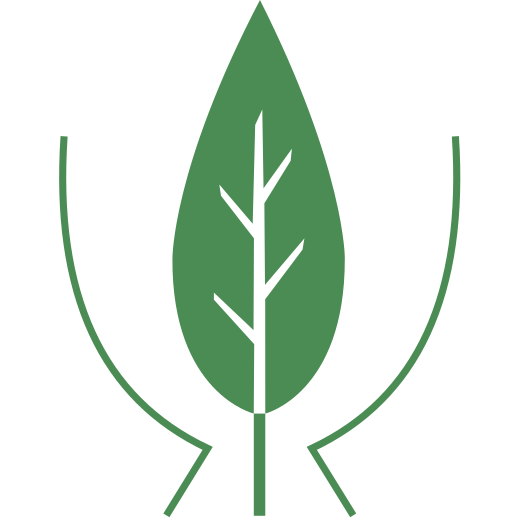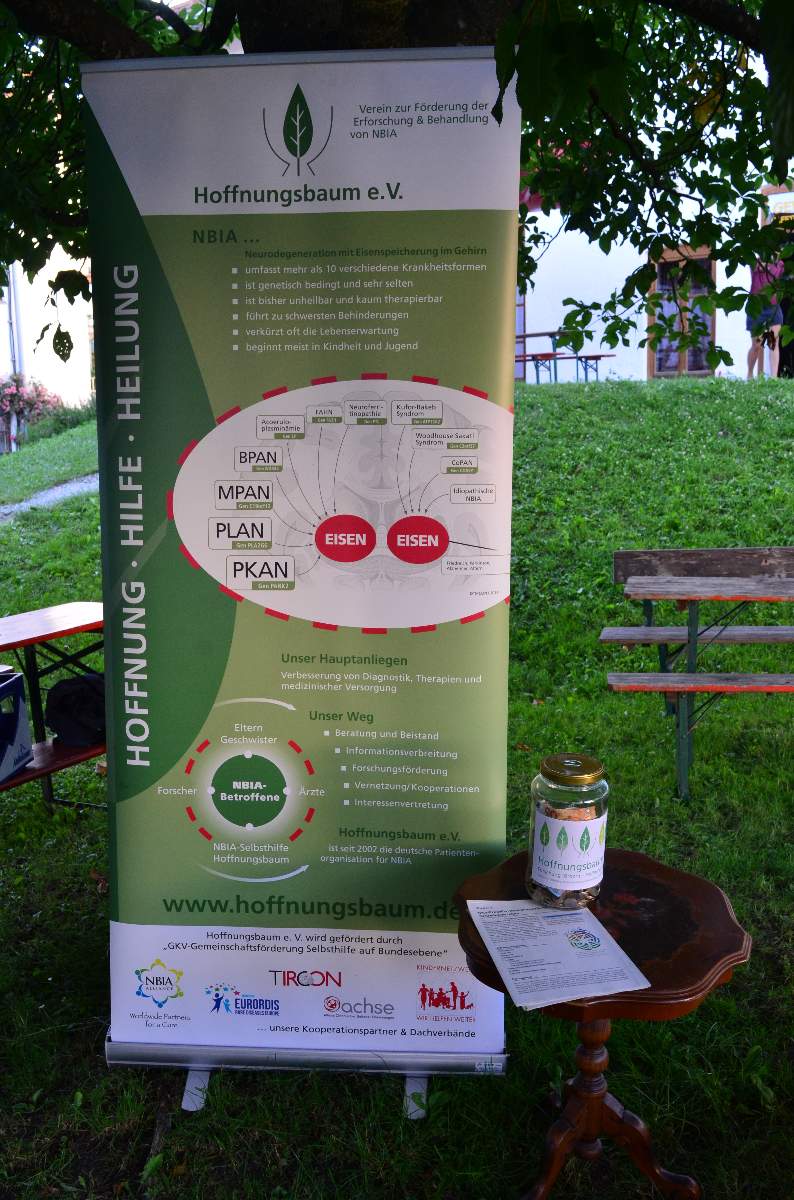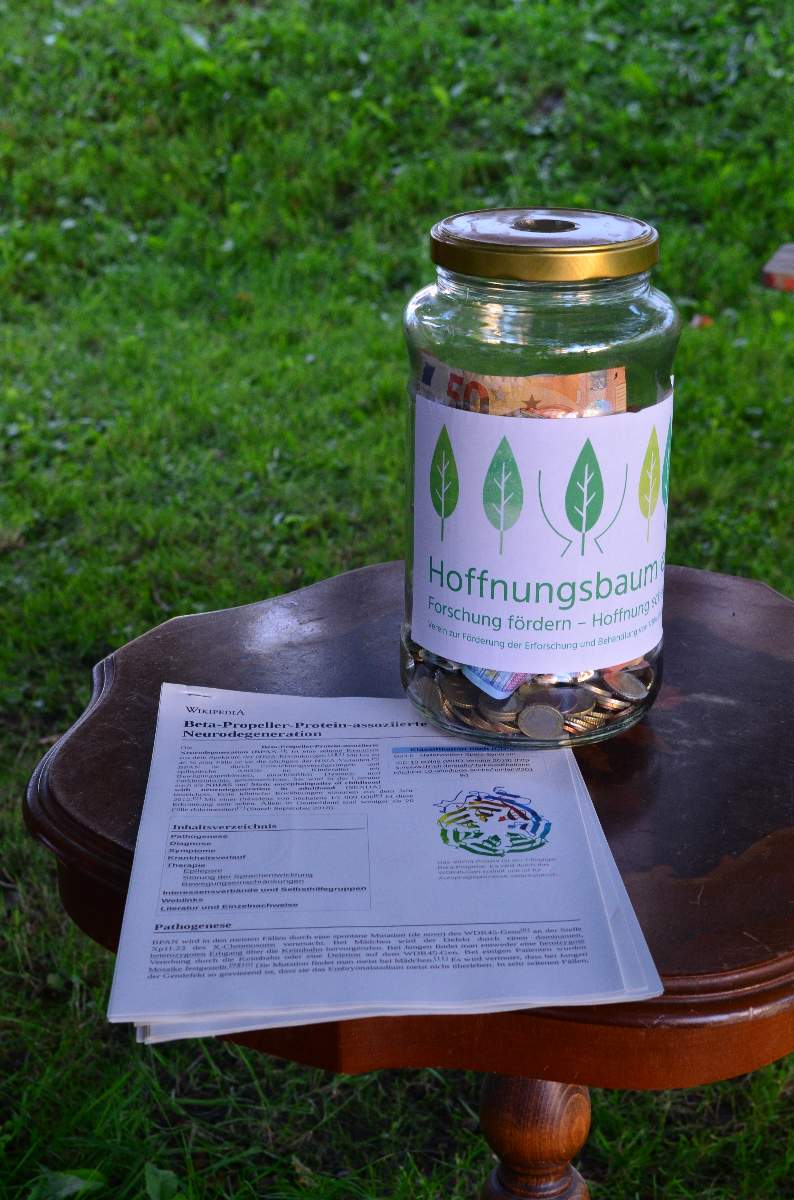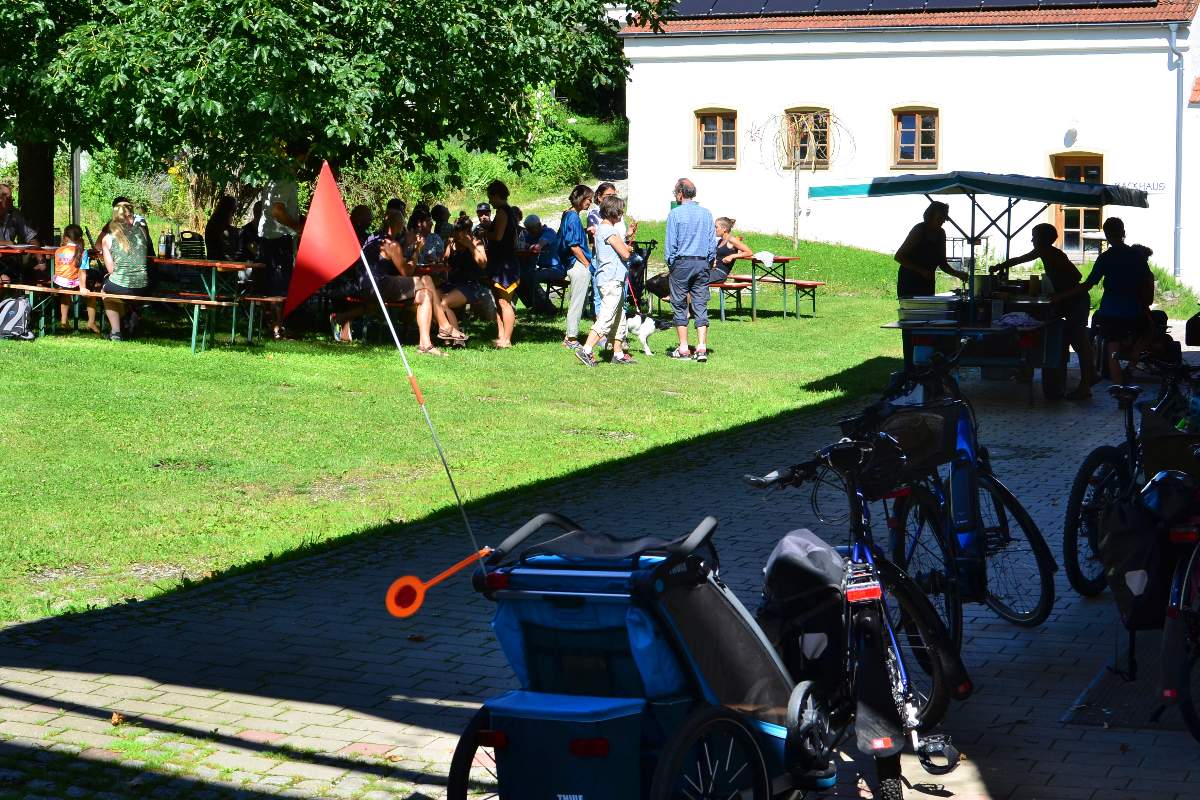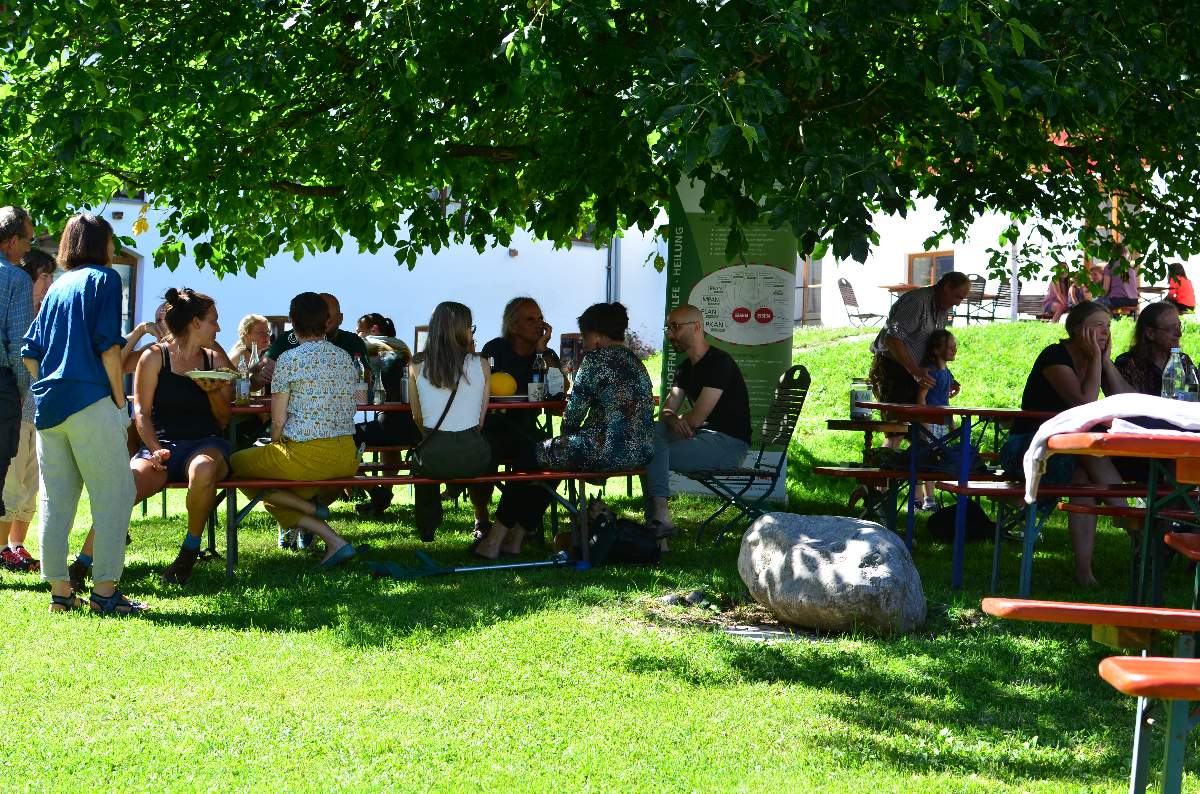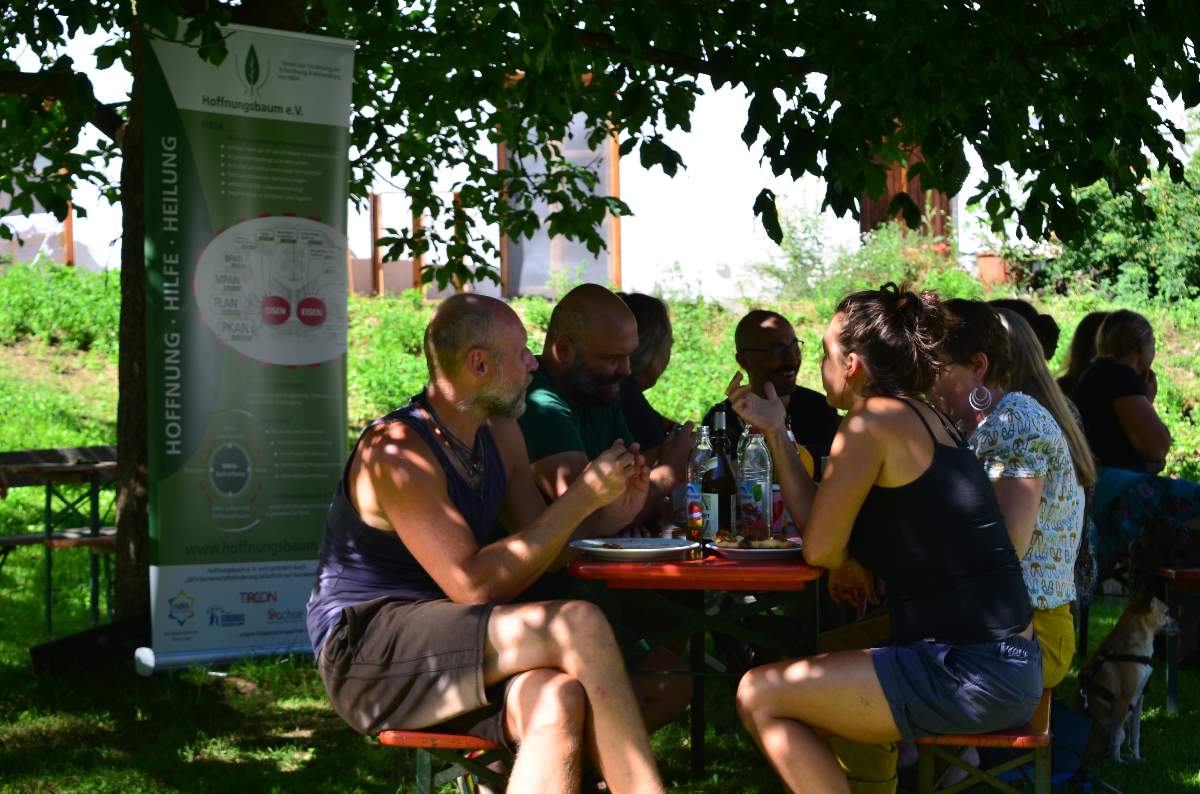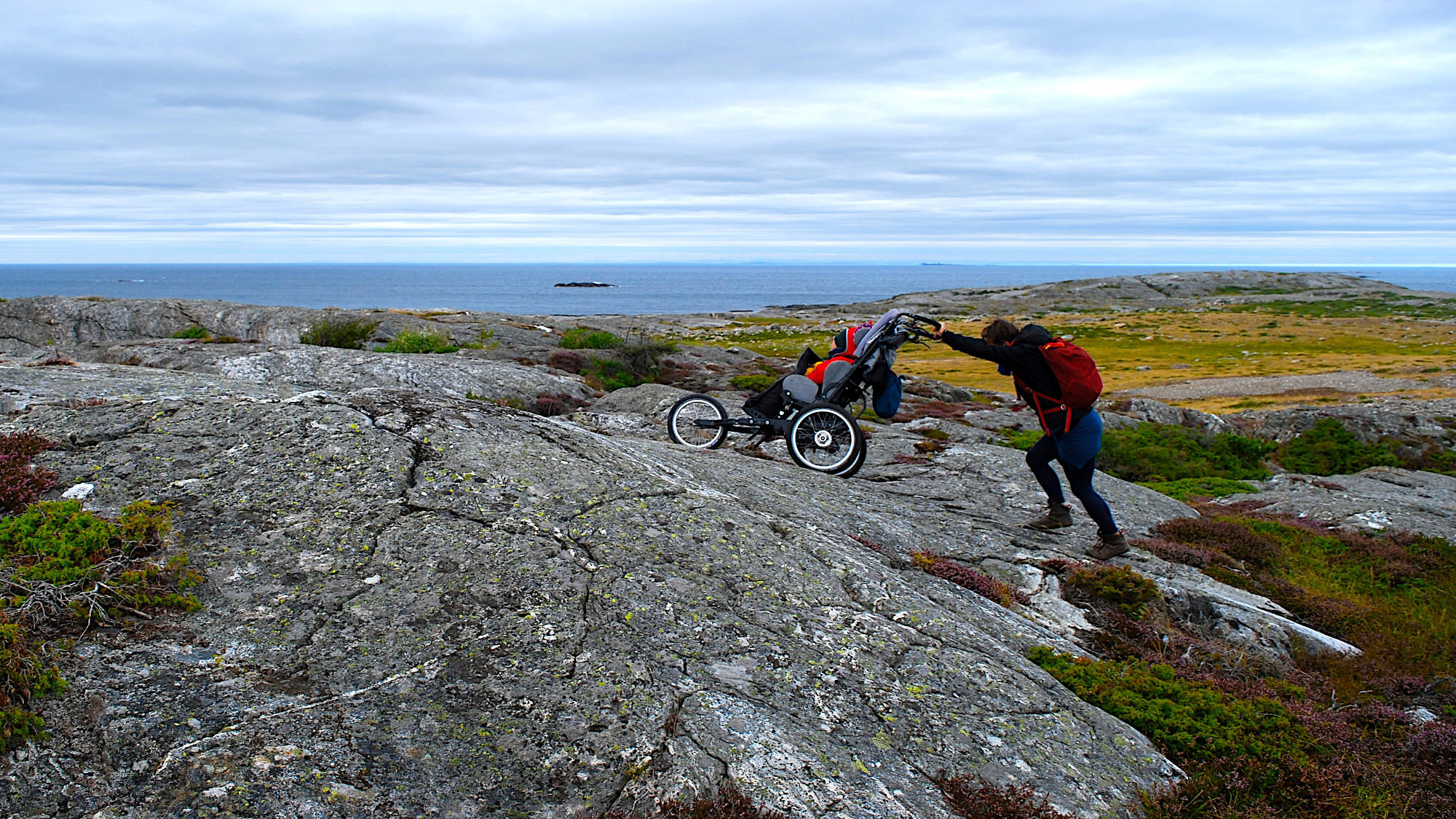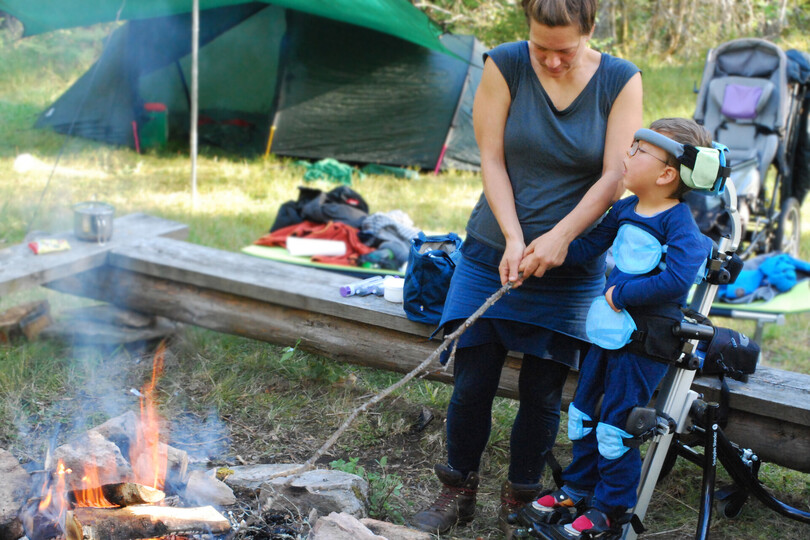It worked again – in 2022, the Million Dollar Bike Ride (MDBR, https://www.milliondollarbikeride.org/) at the University of Pennsylvania in Philadelphia, the US$ 20,000 mark was exceeded by far: almost US$ 39,000 in donations were collected!
The interesting thing about the MDBR is that the donations collected are doubled by the University of Pennsylvania for a sum between US$ 20,000 and 30,000. As a result, the US$ 38,735 collected became around US$ 68.735, which can now be put out to tender again for a new BPAN research project.
This year, this charity bike race returned to its original mode as a live event in Philadelphia, USA. However, people from all over the world were once again able to participate virtually. This gave us in Germany the chance to be there again to collect donations for the NBIA variant BPAN together with our partner organization in the USA, the NBIA Disorders Association (NBIA DA). Hoffnungsbaum e.V. called for donations in Germany. So also called Noah Rusch He and his family went cycling again for his son Laurin and, like last year, invited friends, relatives and acquaintances to cycle to him, where the guests were treated to pizza from the wood-fired oven. In return, the guests brought plenty of donations for BPAN research. This campaign raised almost €2,980. But other families also collected donations and so another 1680 € were collected. Hoffnungsbaum e.V. was able to transfer the proud sum of 4,660 € (US$ 4,867) to the USA. We are very grateful to all donors, but also to the many helpers who have made this success possible!
Impressions from the MDBR 2022 in the USA and from the "Cycling for Laurin" campaign:

